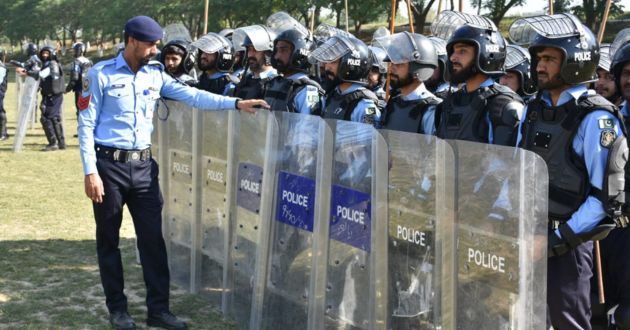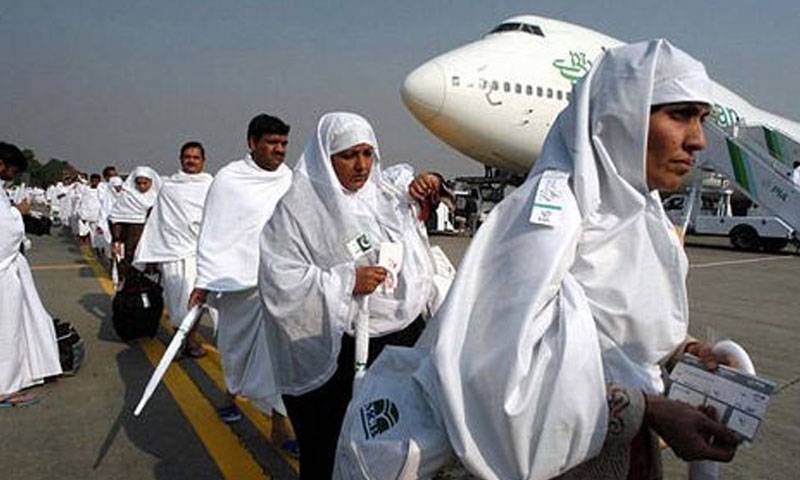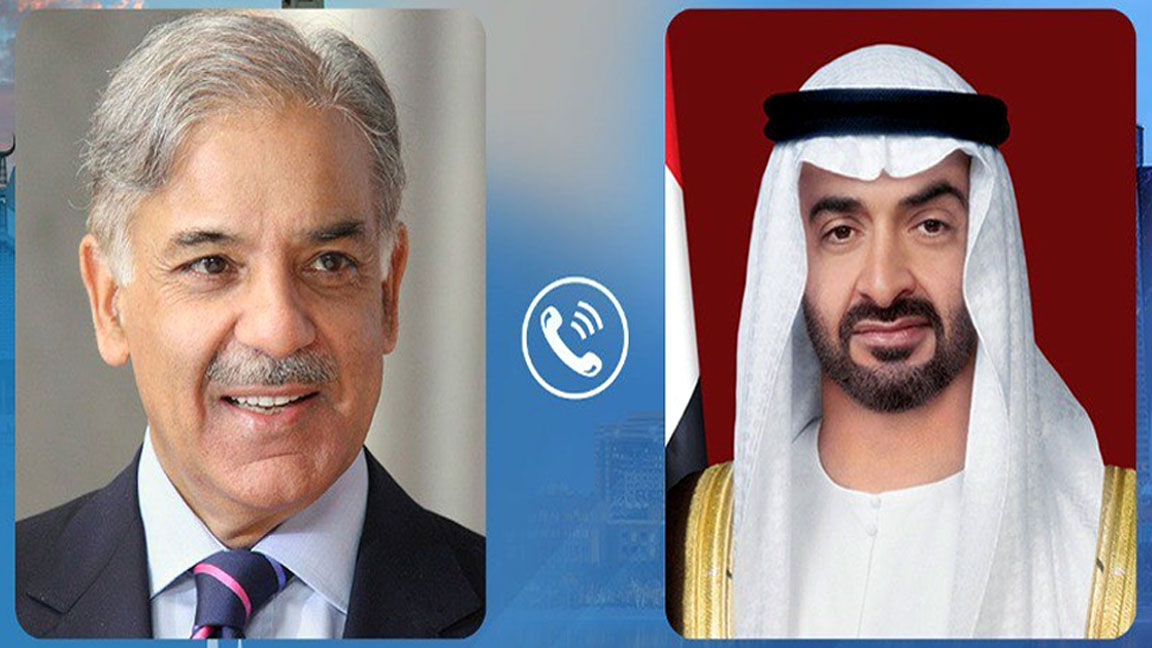In March 2021, Dr Tariq Banuri was removed as chairman of the Higher Education Commission (HEC) by a cabinet decision made possible after ramming through an amendment to the HEC Ordinance that retroactively cut the duration of the chairman’s tenure from four down to two years. On January 18 of this year, the Islamabad High Court (IHC) issued a short order on the petition filed by Mosharraf Zaidi and others that reinstated Dr Tariq Banuri as chairman HEC.
Now, just a few days ago, the IHC issued its full verdict which contains a lot to unpack.
1) A major reason, which the IHC both highlighted and supported, is the protection of the autonomy of statutory institutions. A key judicial insight and precedent is the argument that future amendments cannot be such as to impair or subvert the intent of the original legislation to create an autonomous institution.
As such, the judgment has privileged the “fundamental spirit” of the original legislation over the details. This is similar to the distinction made between the fundamental rights in the constitution over the other clauses, thus barring any constitutional amendment, that would violate the fundamental rights. An important implication of this is to guide future governments in regard to legislative amendments in such matters.
2) The IHC also examined the mala fides of the ordinances and consequent legislation and guided on the proper manner in which such matters ought to be debated and reviewed before being converted into legislation, regardless of whether it is in the form of an ordinance or a bill of parliament.
Consider this together with the March 10 verdict of the Supreme Court of Pakistan that issuing ordinances without emergency situations (such as the ones regarding the HEC and electronic voting machines) is a violation of the constitution. That does not bode well for any of the two amendments to the HEC Ordinance rushed through last year or the third one that is in the works.
3) Finally, the IHC did not ignore the elephant in the room – the issue of conflict of interest, accountability, and transparency, and their relationship with the impugned legislation – and directed the government generally, and the prime minister particularly, to ensure that this does not happen in the future, and that the HEC should be protected against such elements rather than placed at their mercy.
In this regard, the judgment explicitly names Dr Atta Ur Rehman, chairman of the Prime Minister’s Task Force on Science & Technology, and dedicates paragraphs 5 and 19 to his role in the matter. The verdict declares Dr Atta’s role in the process “significant” and “obvious from the record that he appears to have been affected by the policies of the HEC and the resistance is affirmed from the correspondence.”
The policy in question is “regarding audit and scrutiny relating to performance evaluation of those institutions” which had received public funds. Amongst the institutions that had received major funding included those of which the chairman of the PM’s Task Force was a patron – like the International Centre for Chemical and Biological Sciences.
In its conclusion in para 19, the verdict states that the court “cannot turn a blind eye to the factor of conflict of interest of the chairman, PM’s Task Force.” It goes on to say that the “Prime minister will ensure that the HEC undertakes an independent, transparent and fair audit and evaluation of the institutes/centres wherein the chairman PM’s Task Force has an interest, and which have received substantial funding from the public exchequer” and “will restrain the chairman, PM’s Task Force from interfering or in any other manner whatsoever dealing with the affairs of the HEC.”
To borrow from Obi-Wan Kenobi (Star Wars): I feel a great disturbance in the (task) Force!
While this petition has been playing out, the same team that brought the amendments to the HEC Ordinance has been busy stacking the deck of HEC commission members and stripping the chairman HEC of authority. A few days ago, Dr A H Nayyer and others filed a petition before the IHC to challenge the appointment of Dr Atta Ur Rehman and other members of the HEC, because they effectively make the chairman HEC redundant.
At some point people need to ask themselves, why is it that anytime public funds are dispensed somewhere, we see the same characters gravitating towards them, like a moth to a flame, like sharks to blood? For instance, take the Pak-University of Engineering and Technology (PUEET). The PUEET was to be established in the PM House as a publicity stunt for the masses. It began with the idea of establishing a technology research centre in the PM House at a cost of Rs 0.7 billion.
Then the same individual at the centre of the current HEC controversy involved himself and the project blew up to a university to be established at a staggering cost of Rs45 billion, a 64 times increase! For reference, the entire development budget of the HEC for the current fiscal year is Rs30 billion.
In other words, all other universities taken together receive Rs30 billion (per year). When this was deemed excessive, like a carpet seller at Islamabad’s Itwar bazaar, the demand was quickly dropped to Rs35 billion, and then further down to Rs25 billion.
Fortunately, since then, on March 15, a Senate committee rejected the ‘Pak University of Engineering and Technology Bill 2022.’ Committee members expressed reservations over the practicality of establishing a university, which would necessitate public access, in Islamabad’s Red Zone at the cost of billions while many public universities are struggling to meet their salary obligations. Out of more than 220 universities in the country, the twin-cities area already hosts 34 universities, out of which ICT-proper alone hosts 24.
At this point it is worth pondering: For the last few years, we have been hearing about how bureaucracy has been paralysed by fear of prosecution at the hands of NAB. Yet, we continue to see creative, even daring, interpretations of rules and laws.
This is not possible without people inside the bureaucracy lending a hand, giving ideas, developing (half-baked) arguments and drafting orders and notifications. These people are enablers of politicians’ and political appointees’ worst instincts. I predict that when made to answer for these misadventures, these people will conveniently step aside with the defence that they were “just following orders.”
The alternative to rolling over and doing a superior’s illegal bidding was on display in Washington on October 20, 1973 during the Watergate scandal in what is now known as the Saturday Night Massacre.
US President Nixon ordered his attorney general, Elliot Richardson, to fire the special prosecutor, Archibald Cox. The attorney general refused and resigned, rather than comply. Nixon then ordered the deputy attorney general to fire Cox but he also refused and resigned. It was the solicitor general, the third-most senior official at the Department of Justice, who finally complied with the president’s orders. The public backlash was fierce and immediate.
That is in stark contrast to our bureaucracy and the bureaucracy at the HEC, who are too happy to comply if it means saving their skin (principles, right or wrong be damned) and making them beneficiaries of scraps from the tables of power.
The writer (she/her) has a PhD in education.
Originally published in The News
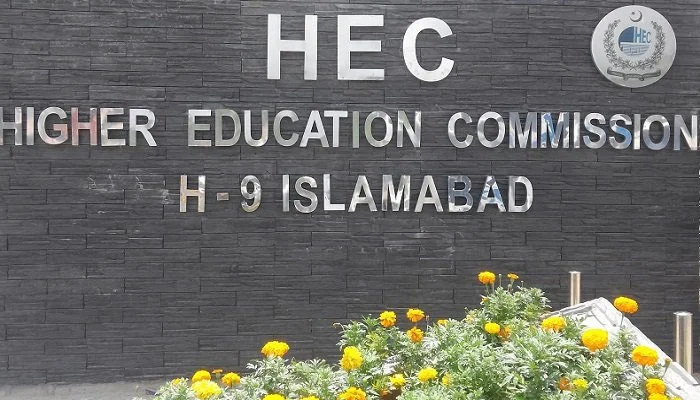

 Latest News2 days ago
Latest News2 days ago
 Business2 days ago
Business2 days ago
 Pakistan2 days ago
Pakistan2 days ago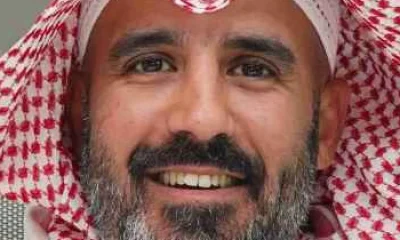
 Business2 days ago
Business2 days ago
 Business2 days ago
Business2 days ago
 Education2 days ago
Education2 days ago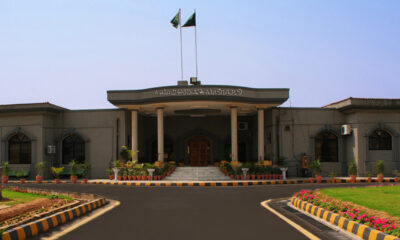
 Latest News2 days ago
Latest News2 days ago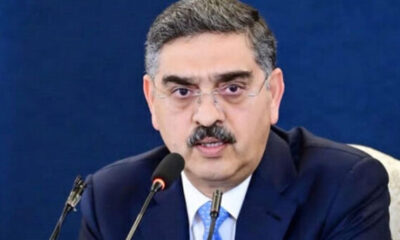
 Latest News2 days ago
Latest News2 days ago
